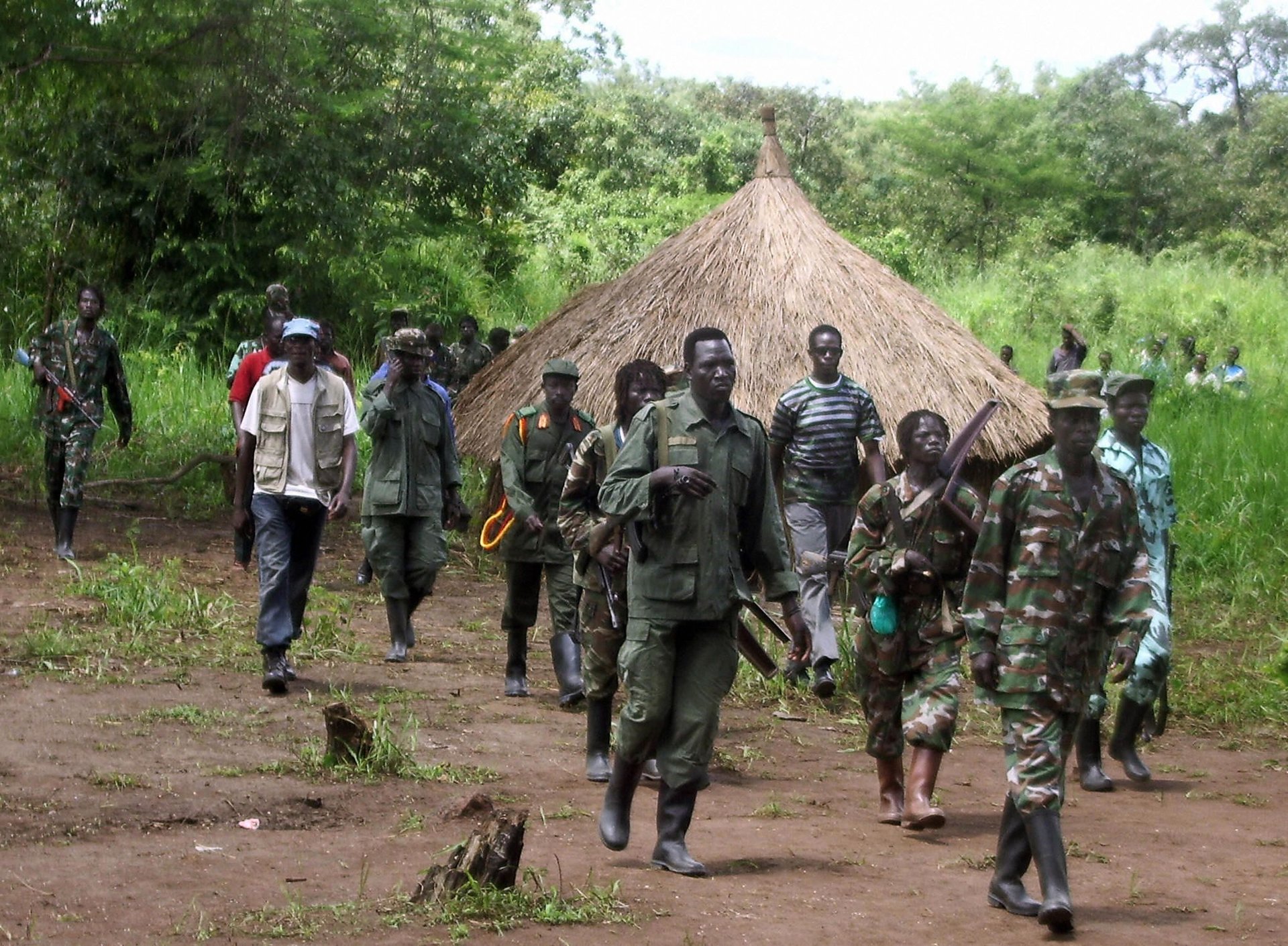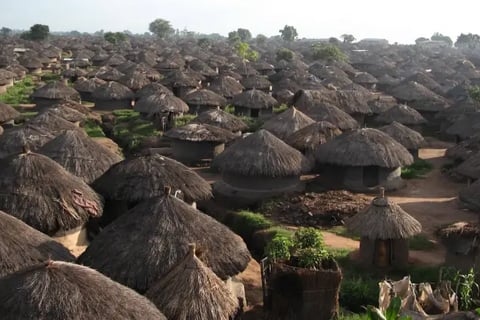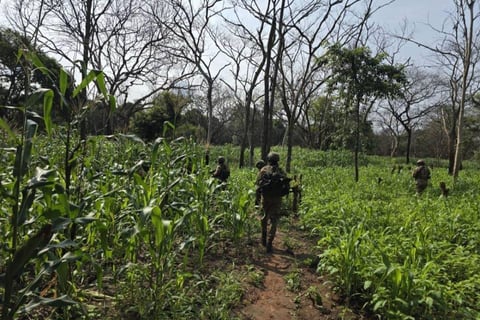Background

The Northern Uganda conflict
The Northern Uganda conflict, which spanned over two decades from the late 1980s to 2006, devastated the region, leaving deep scars on the land and its people. This war resulted in the displacement of approximately 1.7 million people, many of whom were forced into Internally Displaced Persons (IDP) camps where they lived in harsh, overcrowded conditions.
One of the most tragic consequences of the war was the disruption of traditional farming practices. Before the conflict, northern Uganda was known for its agricultural richness, with families relying on sustainable farming methods passed down through generations.
Traditional seeds were preserved and replanted, ensuring that farmers could produce food year after year without relying on external seed suppliers. However, life in the IDP camps disrupted this way of life. Unable to farm their land, people lost their connection to traditional agriculture and the knowledge of how to cultivate crops without modern inputs.
After the war, as people returned to their villages, they found their land and way of life completely transformed. Fake seeds, often sold by unscrupulous traders, replaced traditional varieties. These seeds frequently failed to grow or produced poor yields, driving farmers into debt and deepening poverty.
The widespread use of pesticides, artificial fertilizers, and genetically modified (GM) seeds further eroded traditional farming methods. These modern seeds, which cannot be replanted after harvest, forced farmers to buy new seeds every season, trapping them in cycles of poverty. The reliance on chemicals also degraded the soil, leading to long-term environmental damage.
The war, combined with these harmful agricultural practices, left northern Uganda not only impoverished but also stripped of its once-rich biodiversity. The loss of original seeds and sustainable farming practices has had far-reaching consequences for food security, community health, and the environment.
At Koro Farmstay, we are committed to reversing this trend. By promoting the reintroduction of traditional seeds and sustainable farming methods, we aim to restore the land’s fertility and empower local farmers to reclaim their agricultural heritage. Through reforestation, organic farming, and educational programs, we are working to rebuild what was lost and ensure that future generations can thrive in harmony with the land.




Sustainability
Contact us
Sections
info@korofarmstay.life
© 2024. All rights reserved.
subscribe
